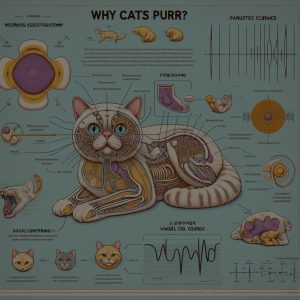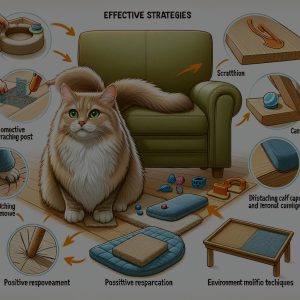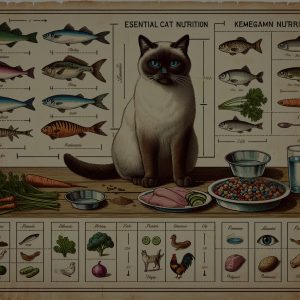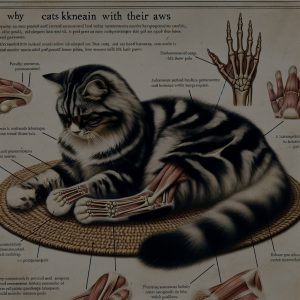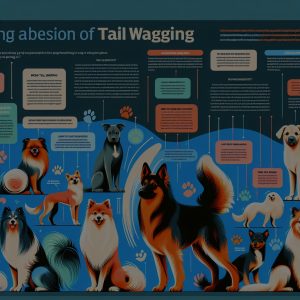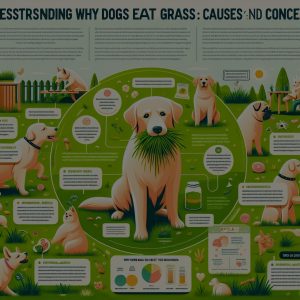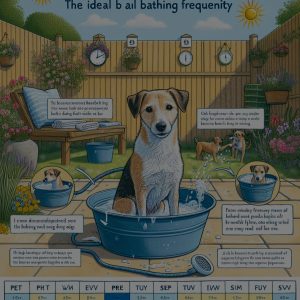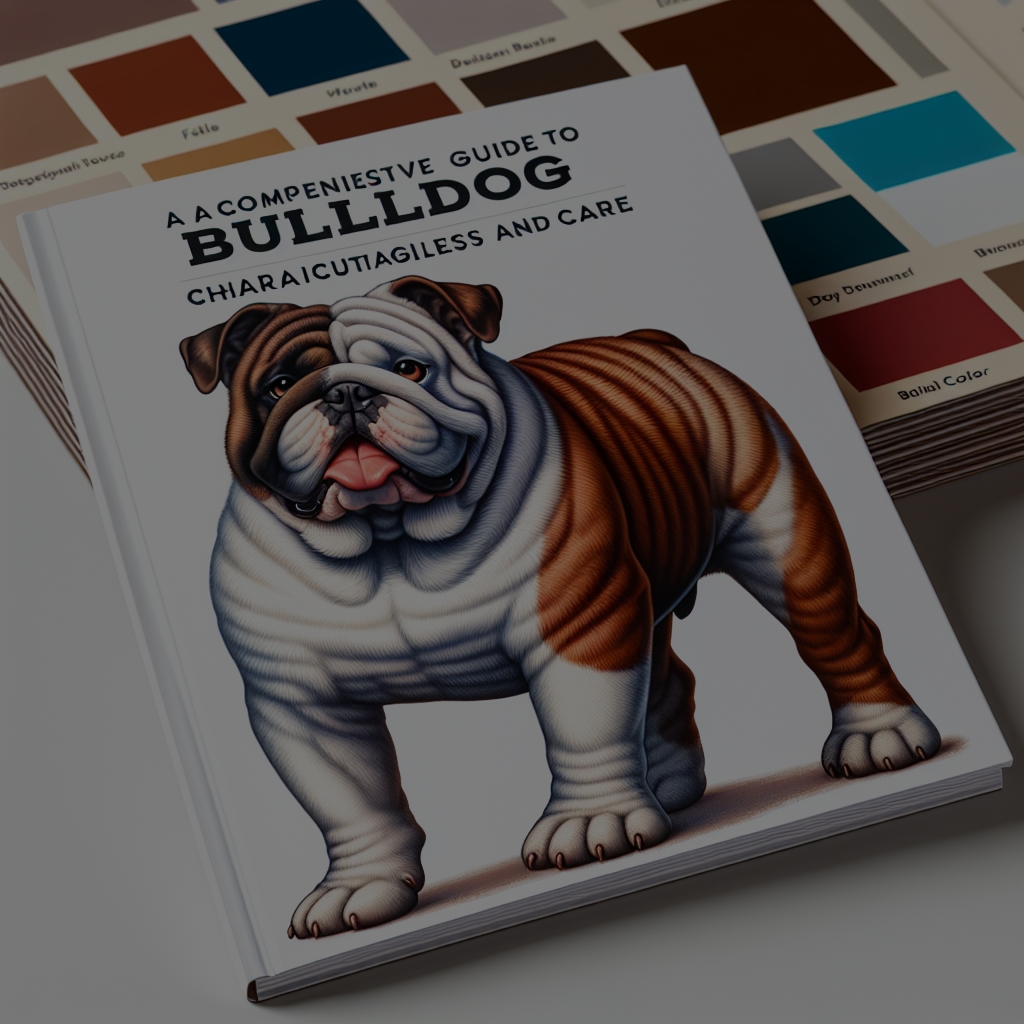
Bulldogs are one of the most iconic and beloved dog breeds, known for their unique appearance and charming personality. Whether you are a prospective owner or a current one looking to better understand your four-legged friend, this comprehensive guide will provide you with valuable insights into Bulldog characteristics and care. From their physical traits to their nutritional needs, we cover everything you need to know to ensure your Bulldog lives a happy and healthy life.
Understanding Bulldog Physical Traits and Appearance
Bulldogs are instantly recognizable thanks to their distinct physical traits. They have a sturdy, muscular build with a broad chest and short, stout legs. Their wrinkled face and pushed-in nose give them a unique appearance that is both endearing and unmistakable. Typically, Bulldogs have a smooth, short coat that comes in various colors, including brindle, white, fawn, and piebald.
One of the most notable features of Bulldogs is their distinctive head shape. They have a wide skull, short muzzle, and pronounced underbite. Their small ears are set high on the head and typically fold forward. Bulldogs also possess loose skin, especially around their face and neck, which forms characteristic wrinkles. These wrinkles, while adorable, require regular cleaning to prevent infections and other skin issues.
Despite their somewhat intimidating appearance, Bulldogs are known for their gentle and affectionate nature. They are often described as loyal and dependable companions who get along well with children and other pets. However, their physical build makes them less suited for vigorous exercise and more prone to overheating, necessitating special care during physical activities and hot weather.
Common Health Issues and Preventative Care
Bulldogs are prone to several health issues, many of which are related to their unique physical structure. One of the most common problems is brachycephalic airway syndrome, which results from their short, flat noses and can lead to breathing difficulties. Regular veterinary check-ups are crucial to monitor and manage this condition, especially since it can worsen with age.
Another common health concern for Bulldogs is hip dysplasia, a genetic condition where the hip joint does not fit together properly. This can lead to arthritis and mobility issues over time. To mitigate this, it is essential to provide your Bulldog with a comfortable living environment, maintain a healthy weight, and consider joint supplements as recommended by your vet. Regular exercise, though not overly strenuous, can also help keep their joints healthy.
Skin issues are also prevalent among Bulldogs due to their numerous wrinkles. These folds can trap moisture and bacteria, leading to infections if not cleaned regularly. In addition to routine cleaning, it’s wise to use hypoallergenic shampoos and keep an eye out for signs of skin irritation or infection. Preventative care, including proper grooming and a balanced diet, can go a long way in maintaining your Bulldog’s overall health.
Nutritional Needs and Dietary Guidelines for Bulldogs
Bulldogs require a well-balanced diet to maintain their health and manage their weight. Due to their propensity for obesity, it is crucial to monitor their calorie intake and ensure they receive the right balance of proteins, fats, and carbohydrates. High-quality commercial dog food formulated for Bulldogs can provide the necessary nutrients without excessive fillers that contribute to weight gain.
Portion control is vital when feeding Bulldogs. Overfeeding can lead to obesity, which exacerbates many common health issues such as hip dysplasia and breathing difficulties. It’s advisable to feed your Bulldog two to three small meals a day rather than one large meal. Additionally, treats should be given sparingly and should ideally be healthy options like fruits or specially formulated dog treats that are low in calories.
Hydration is another critical aspect of a Bulldog’s diet. Always ensure that fresh, clean water is available to prevent dehydration, especially since Bulldogs can overheat easily. Supplements such as fish oil can also be beneficial for maintaining a healthy coat and skin. Consulting with your veterinarian about your Bulldog’s specific dietary needs can help tailor a meal plan that supports their health and well-being.
Essential Training and Socialization Techniques
Training and socialization are crucial aspects of raising a well-behaved Bulldog. Despite their stubborn streak, Bulldogs are intelligent and can be trained effectively with patience and consistency. Positive reinforcement techniques, such as treats, praise, and play, are particularly effective in motivating them. Start with basic commands like sit, stay, and come and gradually introduce more complex tasks as your Bulldog masters the basics.
Socialization should begin at a young age to ensure that Bulldogs develop into well-rounded adults. Exposing them to a variety of people, environments, and other animals helps reduce the likelihood of behavioral issues such as aggression or anxiety. Puppy classes can be an excellent way for your Bulldog to interact with other dogs and learn appropriate social behaviors in a controlled setting.
Consistency is key in training Bulldogs. Establishing a routine and sticking to it helps reinforce good behaviors and build trust. It’s also important to be patient and avoid harsh corrections, as Bulldogs can be sensitive to negative feedback. Instead, focus on rewarding positive behavior and redirecting undesirable actions. With the right approach, your Bulldog can become a well-mannered and cherished member of your family.
Caring for a Bulldog requires an understanding of their unique characteristics and needs. From their physical traits and common health issues to their dietary requirements and training techniques, each aspect plays a crucial role in ensuring their well-being. By investing time and effort into their care, you can enjoy a rewarding and loving relationship with your Bulldog. With proper attention and preventative measures, your Bulldog can lead a healthy, happy life as your loyal companion.

